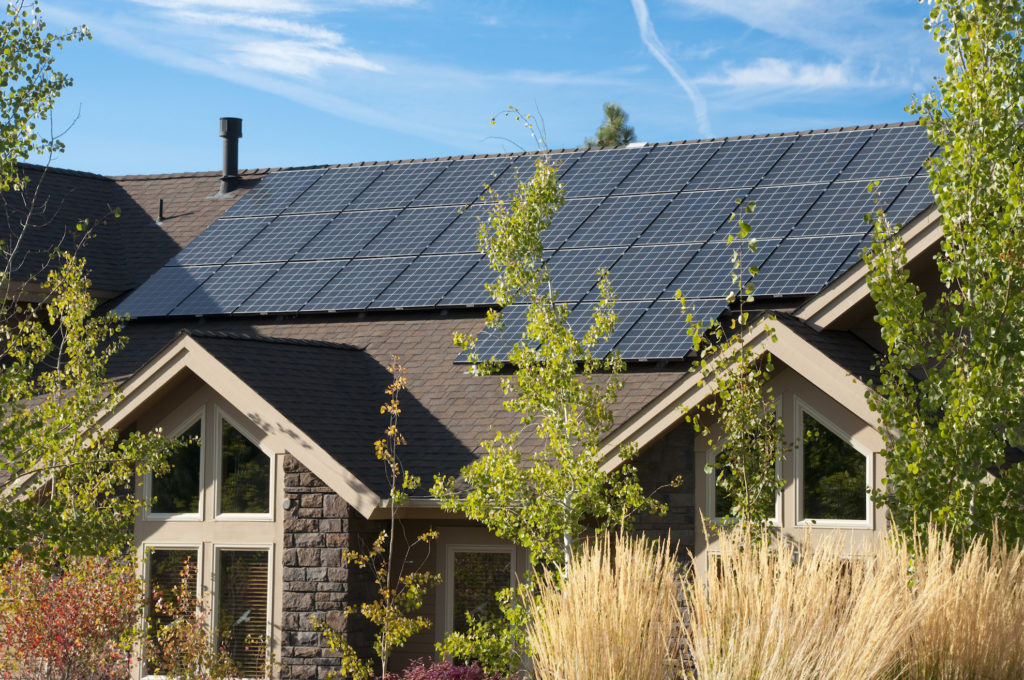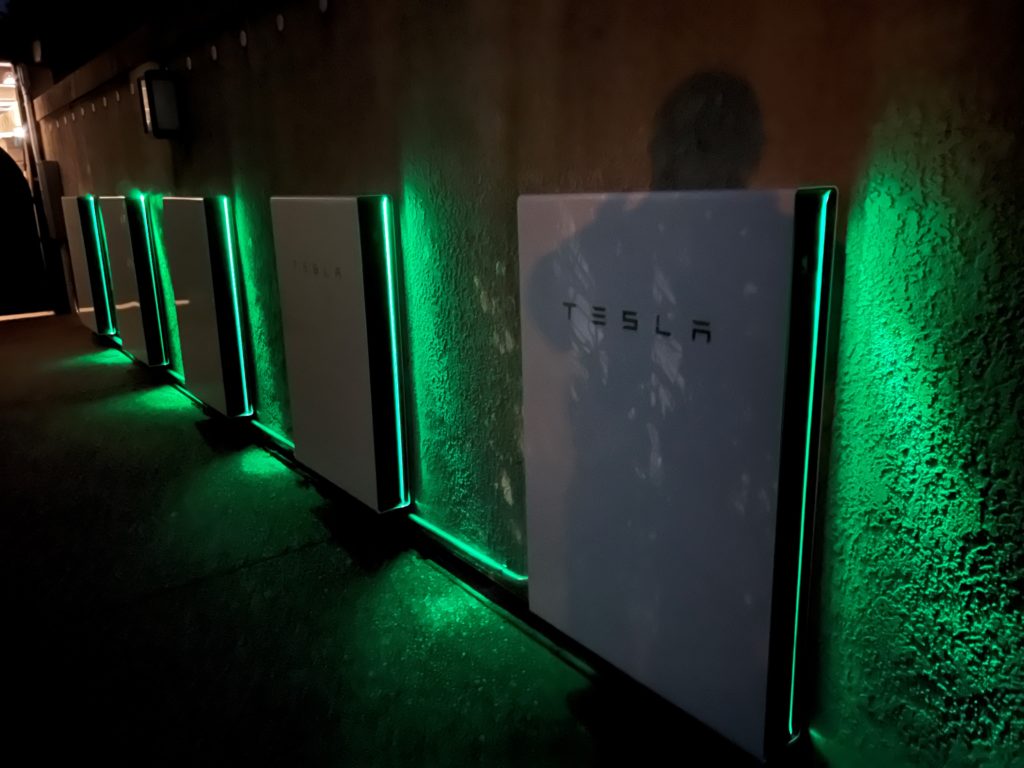Energy Independence with Clean Solar’s Energy Solutions

Embrace Peace of Mind and Energy Independence with
Clean Solar’s Energy Solutions
In the present-day economy, our collective goal is to discover ways to reduce costs and enhance efficiency. While we appear reliant on resources like water, gas, and electricity, there are measures we can take to reduce our dependence. Among these options, solar energy with battery storage stand out as an efficient means to achieve Energy Independence while simultaneously saving money.
Solar Energy: Empowering Self-Reliance and Efficiency
Solar energy is a reliable and cost-effective way to generate power, promoting self-reliance. When your solar panels produce more electricity than you use, you can sell the extra energy back to the utility company at the Solar Billing Plan (SBP) rate. But if your energy needs exceed the panel’s output, you’ll have to buy electricity from the utility company at higher retail rates. To make the most of your generated power and have more control over its usage, our clients chose battery storage. It allows you to store and manage your excess energy produced by your solar system; thereby reducing your dependence on expensive grid electricity, especially during peak demand times.
Now, the question arises: which battery storage route to choose – backup or no backup? Both choices pave the way towards a more self-sufficient future.
Battery Storage Options for Solar Energy

When it comes to storing the surplus energy generated by your solar panels, you have various options tailored to your specific energy requirements.
Backup Battery
One such option, offered by Clean Solar, is battery backup. With battery backup, you can store the excess energy to utilize during nighttime and peak energy demand periods. Additionally, it allows you access to essential circuits in your home during power outages by backing up specific breakers, or your whole home, ensuring continuous power supply even when the grid is down. For example, a normal use of battery backup may include the following:
- Your refrigerator will be on
- Your wi-fi will be on
- Some lights are on
- The garage door will still open
- Critical medical devices continue working
Battery Without Backup
An alternative approach is to employ the battery without the power outage backup feature, focusing instead on maximizing benefits of using your solar produced energy at night and during peak periods when utility costs are at their highest. By doing so, you can significantly reduce the amount of excess energy sent back to the utility grid. In this setup, the battery does not serve as a backup during outages, but it proves to be an excellent method for cutting utility expenses. You gain the advantage of storing surplus energy, enabling you to use it at your convenience, and thereby reducing the need to purchase as much electricity from the utility company. This configuration is referred to as “Grid-Tied,” offering a strategic way to optimize energy usage and achieve significant savings on utility bills.
Regardless of the path you decide to take – be it backup or no backup – investing in battery storage proves to be a smart choice for your home. It not only enhances your energy management but also reduces your reliance on the utility company.
Embracing energy independence through battery storage is an investment in your future, offering greater control over your power supply and paving the way towards a more self-sufficient and sustainable lifestyle.
